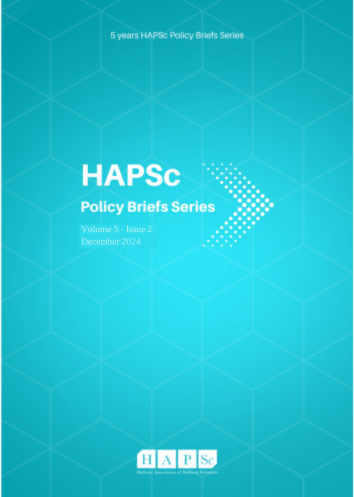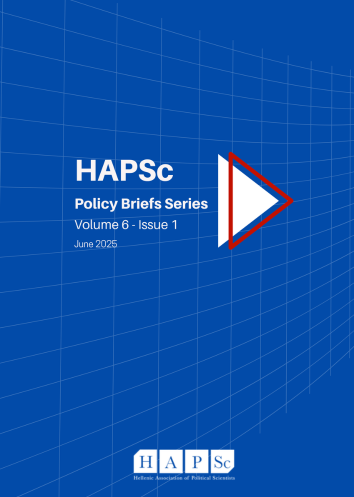The Hybrid Warfare of the Digital Age: How Disinformation Destabilizes the World

Abstract
Disinformation is becoming a central concern in the realm of international security, driven by the massive use of information technologies and the widespread availability of digital infrastructures on a global scale. This phenomenon manifests itself through the dissemination of false or misleading information with the aim of manipulating public opinion, destabilizing democratic institutions, and influencing political decisions worldwide. This study examines how disinformation is employed by state and non-state actors as a tool of hybrid warfare, with significant impacts on political balances. Furthermore, it highlights the necessity of a collective response to safeguard stability and international security.
Article Details
- How to Cite
-
Battista, D. (2024). The Hybrid Warfare of the Digital Age: How Disinformation Destabilizes the World. HAPSc Policy Briefs Series, 5(2), 65–70. https://doi.org/10.12681/hapscpbs.40782
- Section
- Articles

This work is licensed under a Creative Commons Attribution 4.0 International License.
Authors retain copyright and grant the journal right of first publication with the work simultaneously licensed under a Creative Commons Attribution License that allows others to share the work with an acknowledgement of the work's authorship and initial publication in this journal.


